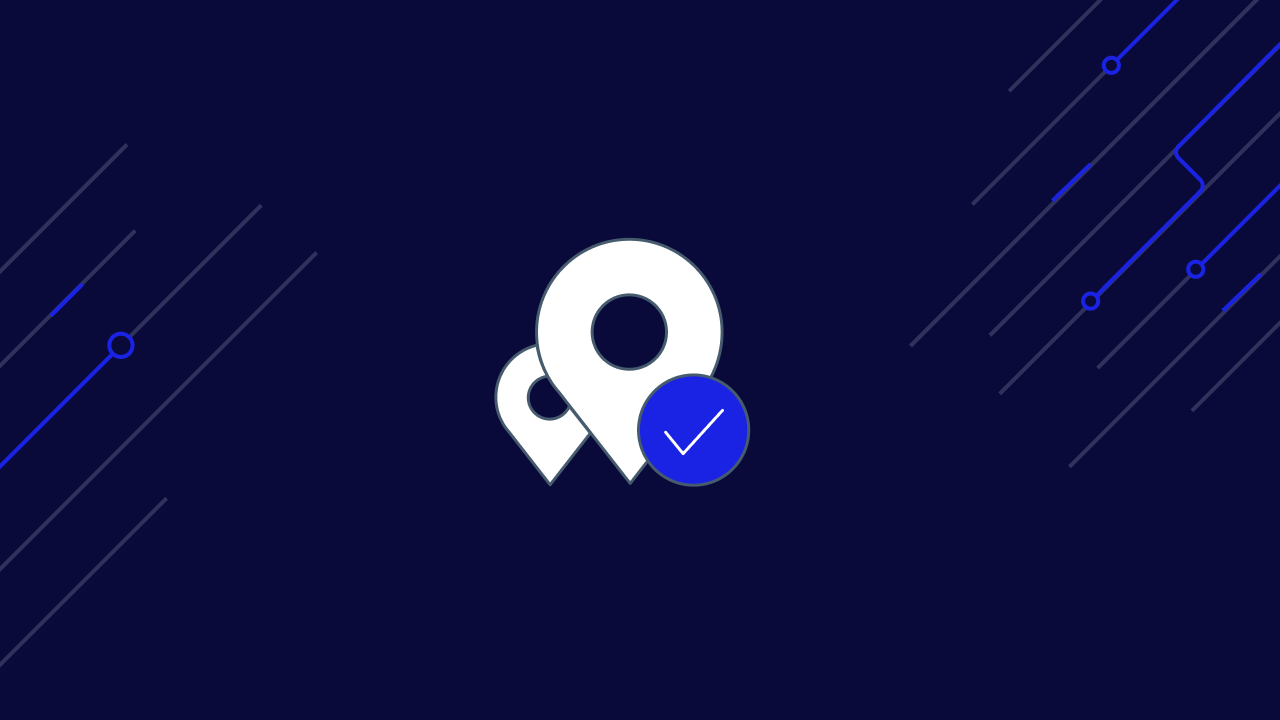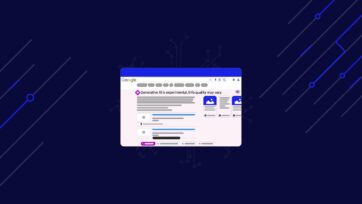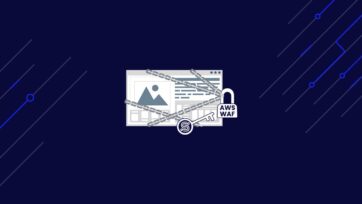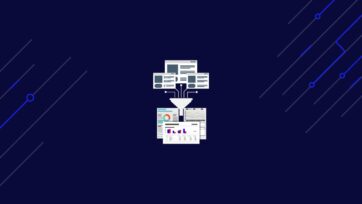As more of our lives are being lived online, the need for tools to manage what information we spread and to protect our anonymity while browsing is becoming increasingly important. Proxies have been with us for some time and are commonly used tools to keep web scrapers and users’ browsing activities private.

While there is a wide class of different proxy tools, residential proxies are some of the most powerful. This type of proxy can deliver higher levels of reliability and security for web scrapers looking to extract data from difficult to scrape sites.
However, not everyone is familiar with this type of proxy and its many benefits. In this FAQ, we’ll explain what a residential proxy is and answer some of the most important questions about using this technology.
If you are looking for a residential proxy provider then be sure to give ScraperAPI a try by signing up to a free trial with 5,000 free requests. Not only is ScraperAPI a residential proxy solution that automatically rotates your requests amongst a proxy pool with over 40M residential proxies, it also automatically uses the best header configuration for your target website and handles all bans and CAPTCHAs thrown by a sites anti-bot system.
What Is a Residential Proxy?
To understand exactly what a residential proxy is, you first need to grasp what a residential IP is. An IP address is a unique identifier assigned to an individual device when it connects to a network. This allows devices or endpoints to communicate with each other directly and without crossing wires.
A residential IP refers to the IP assigned to a specific device, such as a computer, mobile phone, tablet, etc. This IP is associated with information about the device, its owner ISP, and its approximate physical location.
Internet Services Providers (ISPs) own residential IP addresses and store them in public databases. They assign an IP to each device that connects to their network. Residential IPs are associated with a single device and, by extension, its user.
As residential IP addresses are associated with individuals, they are treated as real people by online services. In contrast, database proxies are usually linked with spam and may be blocked on the spot.
How do Residential Proxies Work?
Like most other types of proxies, a residential proxy routes your internet traffic through an intermediary server and forwards the requests to the target site using this IP address to make the request look like it is coming from someone browsing the internet from home. This effectively replaces your servers IP address with a new one that cannot be used to track your physical device.
The main difference between residential proxies and database proxies is that the former assigns real devices’ residential IPs to your requests, whereas database proxies assign an IP from a server residing in a data center making them easier to detect.
Because residential proxies are actually using someones more highly trusted, they are more reliable and effective than database proxies.
Why Should I Use A Residential Proxy?
There are many possible reasons to use any type of proxy, however, residential proxies are especially useful in certain circumstances:
The main benefits of using a proxy is that they are harder to detect for anti-scraping solutions and residential proxy providers generally have better city and state level geographic coverage that datacenter proxies allow, making them ideal when you need to make your requests look like they are coming from a specific city or state. However, there are also more specific cases in which a proxy can be useful.
Increasing Your Scraping Success Rates
Residential proxies are generally much harder to detect for anti-scraping solutions than data center proxies because it is very hard for them to distinguish if the request is coming from a real user or a bot using their IP address. Most websites don’t want to lose business so their threshold for banning or throttling requests from a residential IP is much higher than the threshold they use for data center proxies. Making residential proxies are great option for websites who are very aggressive when blocking scrapers.
Enhanced Geotargeting Capabilities
Another major benefit to residential proxies over data center proxies is the fact that the large providers have much better geotargeting capabilities than data center providers especially when trying to geotarget down to the city and state level. making them ideal when you need to make your requests look like they are coming from a specific city or state
Automation Use Cases
Residential proxies are also great options for use cases that require you to log into a site to scrape data or to automate some processes, like social media automation, sneaker or ticket purchasing, etc. This is because to log when logging into an account it is much easier for anti-bot systems to detect if you are bot or a real user.
Another reason is if you need to run a large number of requests, such as scraping websites or search engine data, that might be deemed suspicious activity. Similarly, proxies can help you conduct market, SEO, and competitor research as well as ad verification.
What are Residential Rotating Proxies?
Residential rotating proxies are also sometimes known as backconnect proxies. They are used to address the main weakness of a typical, individual residential proxy. That is, even though they are harder to detect than datacenter proxies, if you make hundreds or thousands of requests to the same website with that IP address the target website will quickly ban the IP as it becomes pretty obvious to them that there must be an automated system making the requests.
In contrast, when you use a rotating residential proxy pool, you get access to an entire pool of residential IPs. Where the provider will automatically spread your requests across all the proxies in its pool so it looks to the website that there are thousands of individual users visiting the site instead of one user.
The larger the pool of IPs is, the more reliable and effective it will be. Every time an IP gets blocked (as a result of too many requests, for example), it will simply reroute the request to a different proxy and continue what you were doing with a clean slate.
Residential Proxies Are Very Expensive, Do I Really Need to Use Them?
Its true, residential proxies tend to cost significantly more than normal data center proxies. Even from the same provider, residential packages can cost 10 times more than their data center proxy packages.
That being said, for some of the difficult to scrape sites using standard data center proxies simply won’t cut it unless you use an advanced proxy rotator like ScraperAPI.
In 99% of cases, you can use data center proxies to reliably scrape a website if you make use of more sophisticated header and cookie management techniques to disguise the fact that you are actually a scraper. However, if you don’t want to take the time to learn how to do this or you’ve tried and failed to do this in the past then residential proxies are a good fallback option.
The one type of use case that generally requires residential proxies is when you want to log into a site and scrape data from behind the login or do automated actions like post a Tweet or like one of your follower’s posts.
Where Do Residential Proxy Providers Get Their Proxies?
Wondering how to get residential proxies? This is where residential proxies can get a bit murky. As mentioned previously, residential IPs are associated with real devices and real people so these addresses are owned by and assigned to users by ISPs. For that reason, they are more difficult to obtain than datacenter or server-based proxies, which partly explains the higher cost of residential proxy services.
The typical way for residential providers to get these proxies is via offering free or low cost VPN solutions where the user in their terms and conditions agrees to allow the VPN provider to let them use the users IP address as a proxy for other providers. This is a bit murky as technically these VPN providers say in their terms and conditions that they are going to do this, however, most users never read the T&Cs and have no idea that this is happening.
Some VPN providers are more upfront in this or compensate the user for the traffic they put through their IP address, however, some don’t.
Legitimate proxy services take the anonymity and data privacy of individuals very seriously. For that reason, they are unlikely to disclose any exact details regarding the individuals or methods involved in obtaining their pool of IPs. So it is always better to go with the more established and reputable residential providers.
Are Residential Proxies Illegal?
Provided that the residential proxy provider acquired their residential Ips legally, and the users have agreed to their use as proxy solutions then they are perfectly legal. Although they might be against the T&Cs of certain online services, there is nothing illegal, in itself, about using a residential proxy.
How Can I Use Residential Proxies?
Getting started with a proxy and setting it up on your device is usually a relatively straightforward process. The steps may vary slightly depending on the proxy provider you choose, however, in most cases they will provide you with a proxy port or an API endpoint that you can send your HTTP requests too and they will then route your requests to the appropriate residential proxy in their proxy pools.
Sometimes, they will provide you with individual residential IP addresses for you to use, but this isn’t standard practice and isn’t used by the bigger residential proxy providers.
Related information about Proxies you might like:
- How to use and rotate proxies in Python
- Best proxies for Amazon web scraping
- Free proxies list
- Advanced web scraping guides
- When to consider proxies or a scraping API for data collection
Interested in learning more about data protection and online privacy in the context of proxies? Read an interview with ScraperAPI’s Zoltan Bettenbuk and Ian Williams, where they delve into the security aspects of using proxies.



